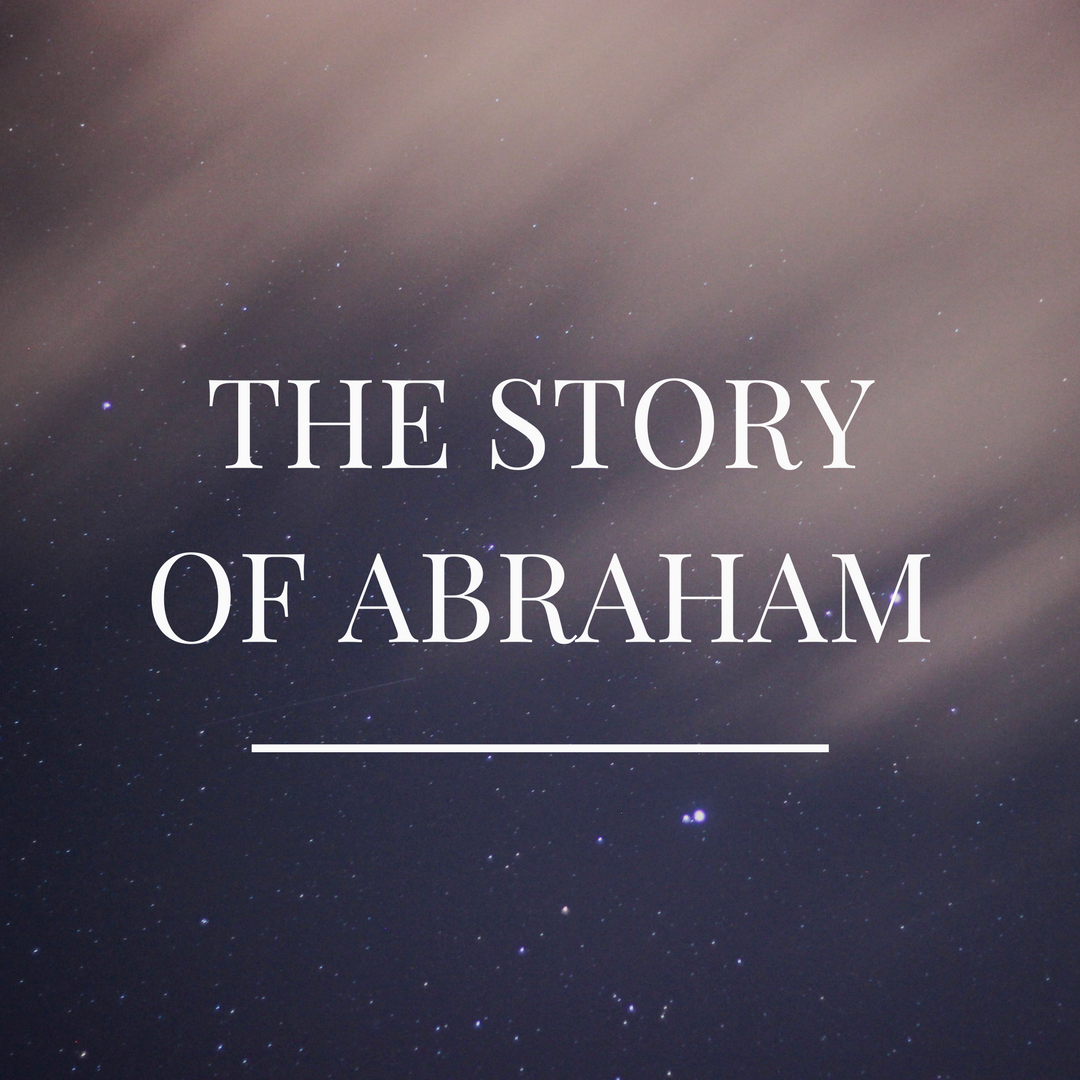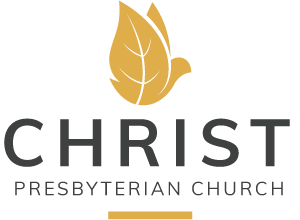
Sarah’s Synergistic Scheme and God’s Mediating Mercy
“Do what comes naturally.” This familiar advice might be good wisdom when it comes to choosing a major; but when comes to finding salvation, doing what comes naturally is simply disastrous. Genesis 16 presents a story that shows how God’s promised salvation will not be fulfilled through natural means, but by a supernatural intervention. Our sermon looked at four aspects of this story: the pain, the plan, the plight, and the provision.
The Pain: At 75 years old Sarah had yet to bear a son for Abraham (v1). In a day when a woman’s identity, value, and fulfillment was wrapped up in her ability to have children, Sarah was a nobody. Since it was her duty to provide her husband with children, she would also have been considered a failure. Her lingering predicament was both difficult and devastating.
The Plan: Tired of waiting on God to fulfill his promise, Sarah decides to take matters into her own hands and devises a plan to remedy her pain. Sarah’s plan centered on an Egyptian servant named Hagar. Following a popular and accepted ancient custom, she tells Abraham to use Hagar as a surrogate mother. This looked like the only practical way to have a child. And it seemed to work. Hagar conceived. But it wasn’t God’s plan.
The Plight: Through an allusion to the fall narrative, the narrator indicates how Abraham and Sarah simply replay the actions of Adam and Eve (cf. Gen 3:6, 17). The fall out is as predictable as reality TV. Hagar, pregnant and elevated to the status of a wife (v3), shows pride and disdain toward Sarah. Sarah, disgusted and jealous, falsely blames Abraham. Abraham abdicates responsibility, allowing Sarah to abuse Hagar. Hagar flees, jeopardizing her life and the life of her unborn child. In the end, no one comes away looking very good.
The Provision: While on route to her native land, Hagar is suddenly addressed by God’s angelic representative, who assures Sarah that God has heard her cry and seen her plight. God promises that she will be blessed by her child, though her child will in no way be the promised son. The angel also sends Hagar back to Abraham and Sarah. His request is strange if not shocking when one considers how Hagar had been treated. Nevertheless, God has chosen Abraham and his promised offspring as his means of saving the world. By sending Hagar back, God places Hagar and Ishmael in the channel of blessing. The command thus represents a severe mercy. Once again God shows grace and provision in the face of human sin—this time to an “Egyptian” outside the elect line. The Israelites who first received this story would have taken great encouragement: If God graciously provides for wandering Egyptians, how much more for his children.
Passage for Discussion: Galatians 4:21–31 Genesis 16 illustrates how God’s people are wholly dependent on his sovereign will and supernatural power. To attempt independently to help God accomplish his saving purpose is what theologians call synergism. Ishmael would always be a stark reminder of the disaster that results from trying to fulfill God’s promise through human initiative and strength; i.e., through synergism. In Galatians 4, Paul likens Hagar’s son to a group of people who are slavishly dependent on their own strength and initiative. In contrast, he claims that God’s people are always dependent on the supernatural work of God’s Spirit. Those who began by God’s supernatural power must continue the same way (cf. Gal 3:2–3).



